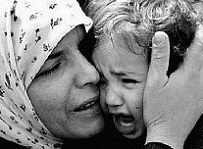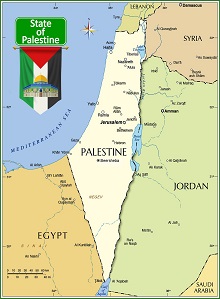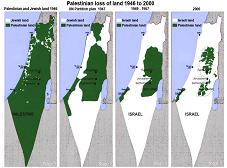Andrew Korybko
Andrew Korybko's Newsletter
Abkhazia’s reputation in Russians’ eyes has been damaged by the latest unrest.
Abkhazia is considered a Russian ally after Moscow recognized its independence in 2008 following that August’s five-day war with Georgia, yet a critical mass of its people is now protesting against an investment deal with their benefactor, even going as far as to storm and occupy the local parliament. Outside observers might therefore assume that this is an anti-Russian revolt, whether a naturally occurring one or a foreign-orchestrated Color Revolution, but the situation is more complicated.
The demonstrators insist that they’re not against Russia and some have even flown Russian flags during their protests, but they also claim that the terms of the proposed investment deal might only benefit wealthy oligarchs and thus come at the expense of average Abkhazians. These people have a very strong sense of nationalism which began to manifest itself during the early Soviet period, exploded into a brutal war with Georgia shortly after the USSR’s dissolution, and is now once again making itself known.
This is typical of the Caucasus region, whose people on both sides of that mountain range are stereotyped as being fiery and hot-headed, which has historically led to trouble for Russia. Sometimes their perception of contemporary issues, regardless of whether this accurately reflects objective reality, leads to them forgetting everything that Russia has done for them in the past. Such is the case with the Abkhazians who are now taking Russia’s patronage of their largely unrecognized country for granted.
The only reason why their polity has continued to survive from the early 1990s till today is due to the presence of Russian forces there, first as peacekeepers in agreement with Georgia and then as allies per a bilateral deal after Moscow recognized its independence. Many ethnic Abkhazians, who constitute around half of the population, nowadays hold Russian citizenship. The Kremlin also funds over one-third of its ally’s budget, supports its armed forces, and pays for many of its people’s pensions too.


































